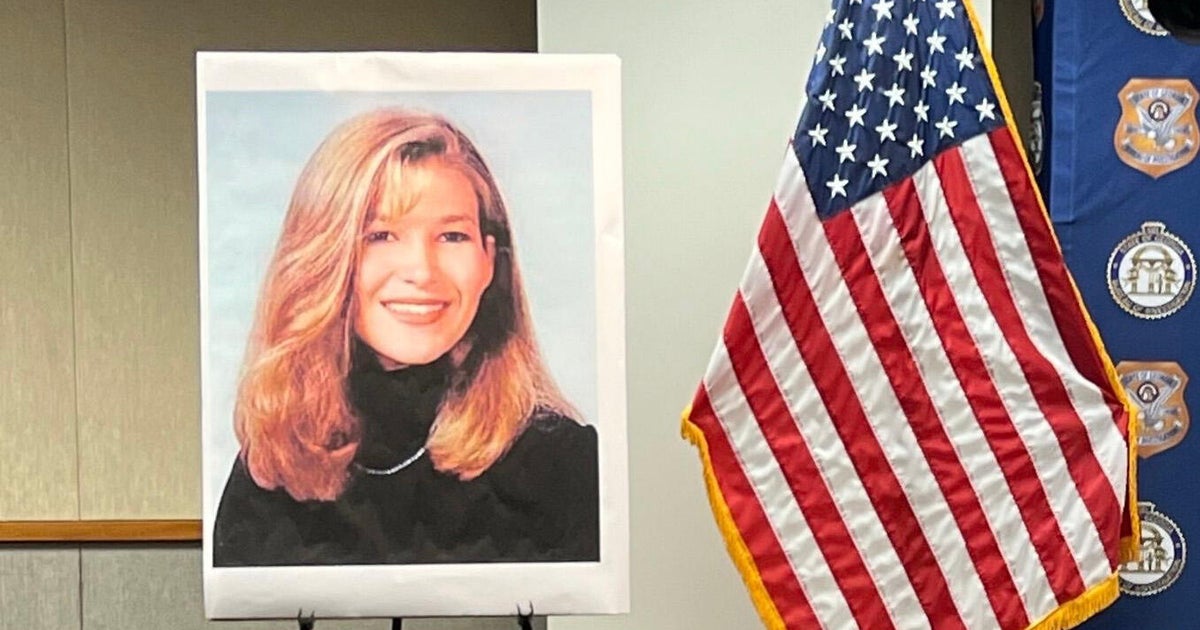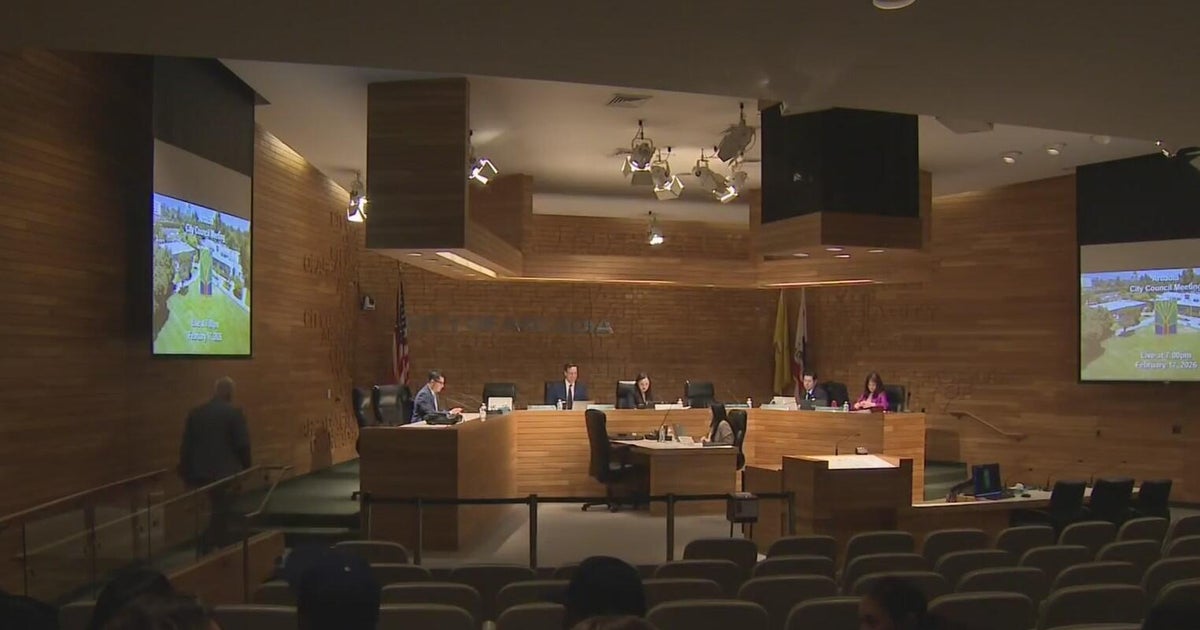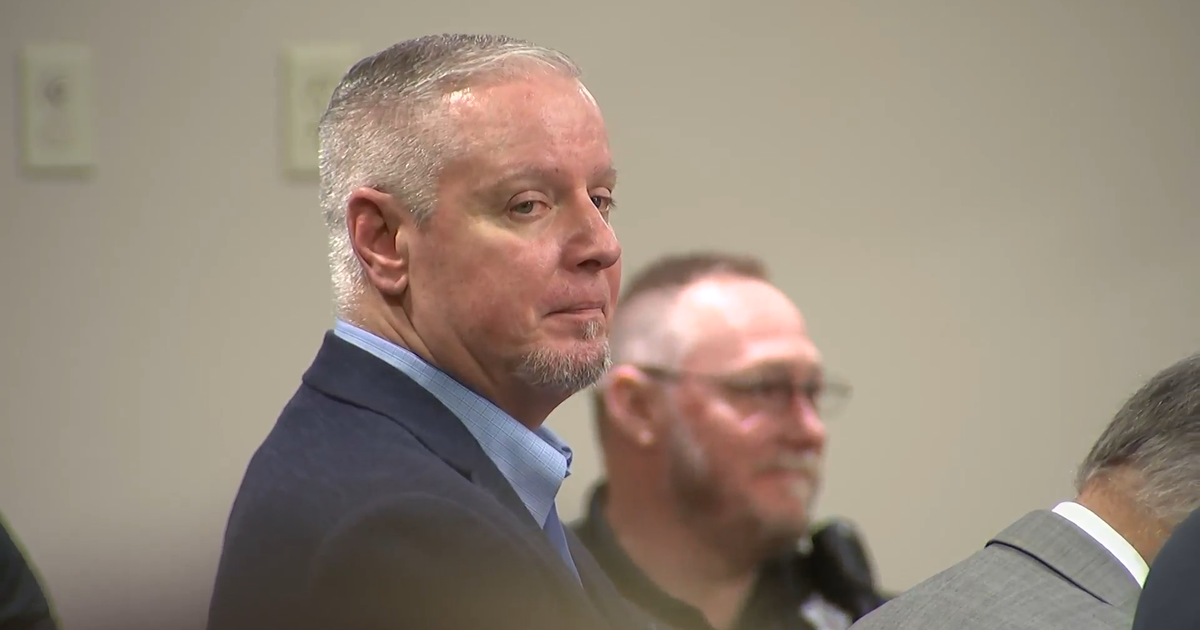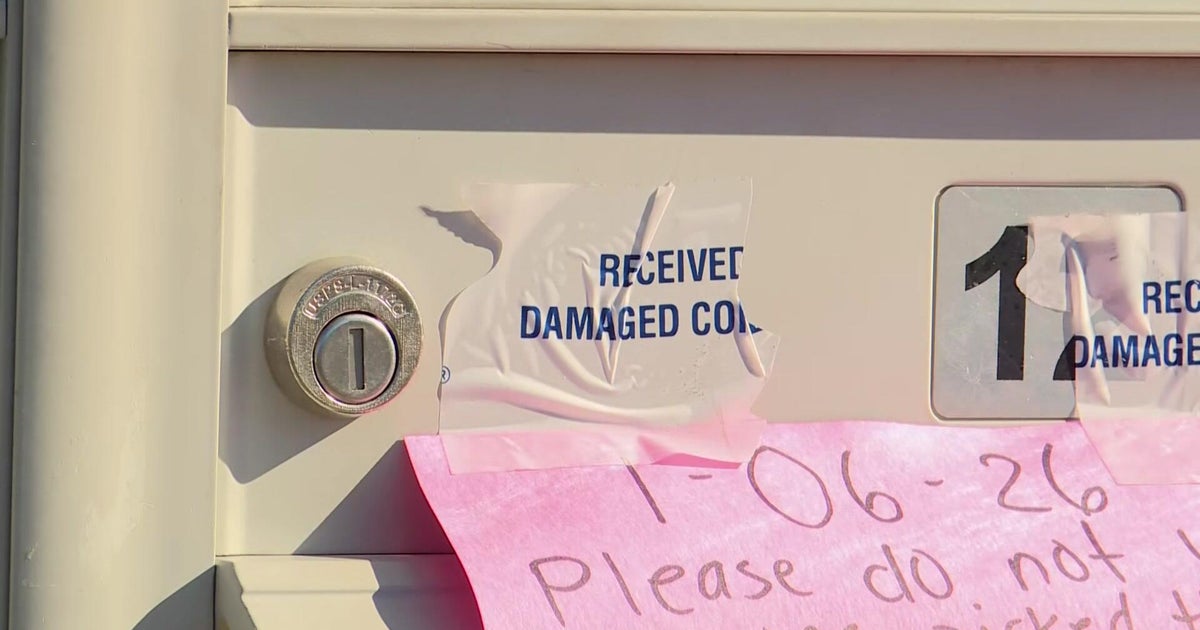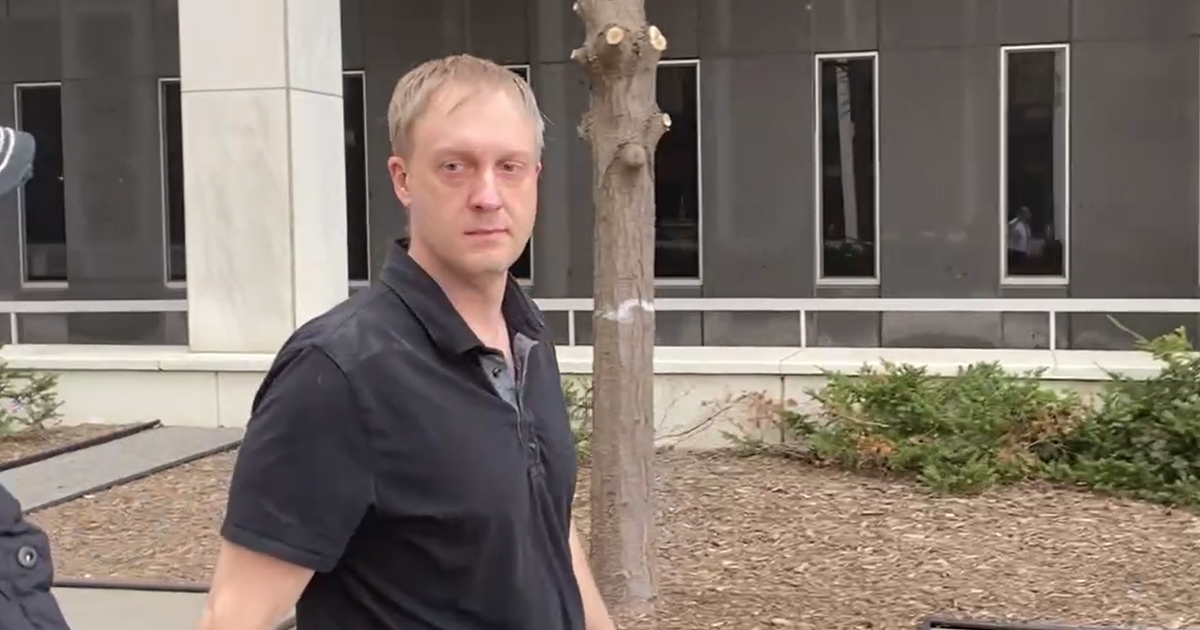'Theft Is Not Innovation'; Chinese Tech Executive Convicted Of Silicon Valley Industrial Espionage
SAN JOSE (CBS SF/AP) — A federal judge has convicted a Chinese national of economic espionage, stealing trade secrets and engaging in a conspiracy for the benefit of his country's government.
U.S. District Judge Edward Davila found Hao Zhang, 41, guilty of the three counts Friday after a four-day trial.
"The defendant plotted with Tianjin University to take trade secrets from two U.S. companies, including his own employer, to China for the benefit of the Chinese Government," said Assistant Attorney General for National Security John C. Demers. "Today's guilty verdict on all counts is an important step in holding accountable an individual who robbed his U.S. employer of trade secrets and sought to replicate the company's technology and replace its market share."
The decision comes five years after Zhang was indicted on charges of conspiring to steal technology from two companies shortly after graduating from the University of Southern California. The trade secrets were heisted from Zhang's former employer, Skyworks Solutions in Woburn, Massachusetts, and Avago Technlogies, a San Jose company later acquired by chipmaker Broadcom.
The pilfered technology is used to help filter out unwanted signals to smartphones.
Evidence at trial showed that in October 2006, Zhang and his co-conspirators started a business in China to compete with Avago and Skyworks.
One of Zhang's co-conspirators, Wei Pang, started working at Avago at the same time. Zhang and Pang illicitly shared trade secrets with each other and with co-conspirators in China while they worked for the U.S. companies.
Zhang and Pang then connected their venture to Tianjin University, an instrumentality of the Chinese government. By 2009, they left their work in the United States to relocate to China, following a plan laid out by TJU officials to form another company, Novana, in the Cayman Islands.
Along the way, Zhang obtained patents in his own name using trade secret information he knew was stolen from Avago. Zhang also worked with stolen trade secrets in a lab he founded at TJU while developing his new FBAR business.
"A free nation is naturally innovative," U.S. Attorney Dave Anderson said. "No nation is more innovative than the United States. Countries without freedom cannot match our innovation, and inevitably must resort to theft. Theft is not innovation."
The conviction is part of efforts to crack down on China's alleged theft of patented technology created in the U.S, a problem underlying the costly trade war between the two countries in recent years. China's government has consistently denied its involved in any effort to steal U.S. technology.
Zhang's attorney, Daniel Olmos, declined to comment on the verdict. Zhang faces a maximum prison sentence of 10 to 15 years and fines of up to $250,000 for each of the three felony convictions.
The sentencing is scheduled Aug. 31.
Copyright 2020 The Associated Press. All rights reserved. This material may not be published, broadcast, rewritten or redistributed.
